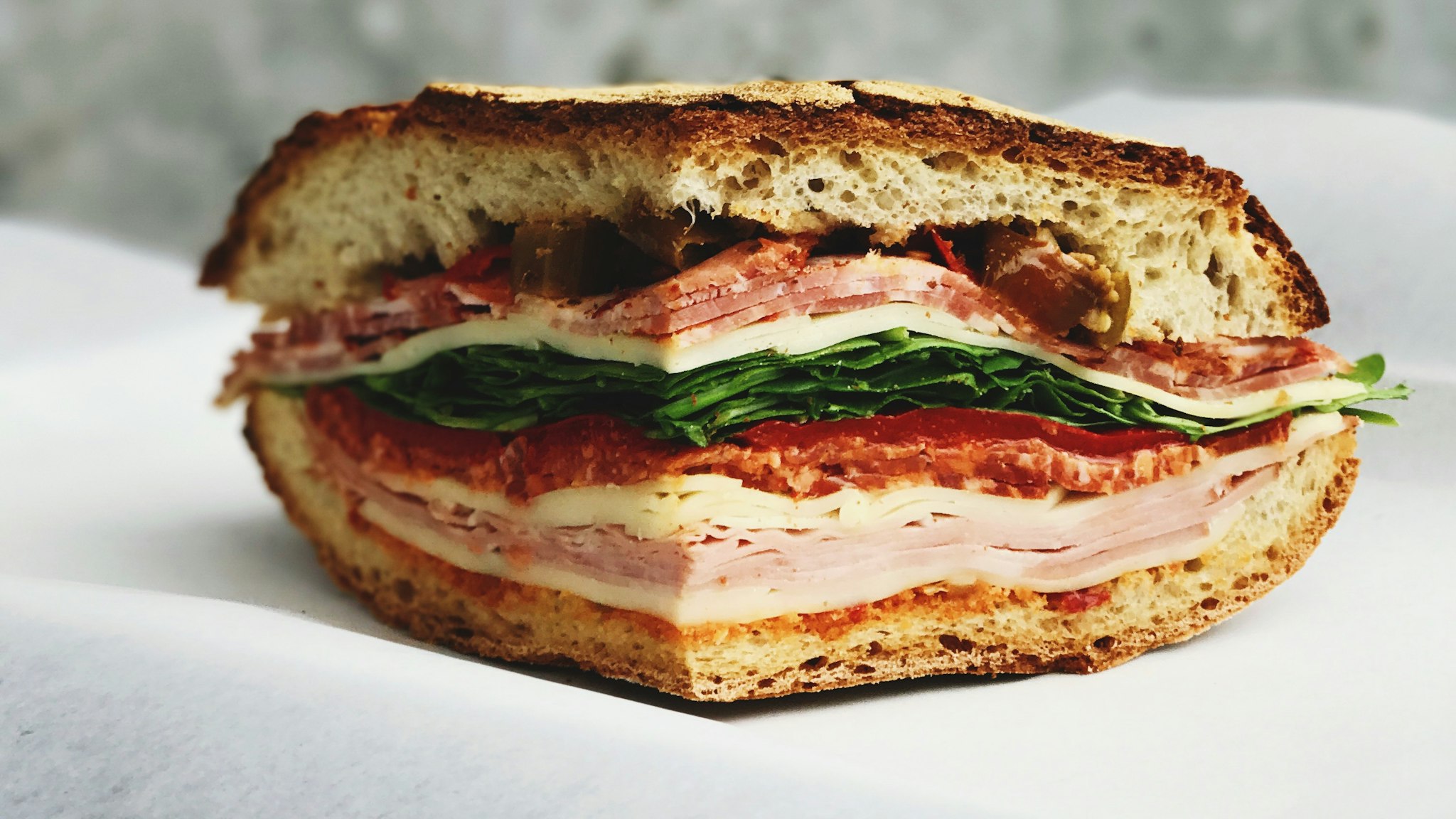There has been outrage this week after a man, Steve Foster, was handcuffed “for eating a sandwich,” as the media has falsely characterized it. A top Bay Area Rapid Transit (BART) official has issued a formal apology, but that of course did not quell the storm or stave off cries of racism. There seems to be widespread agreement in the media, and on social media, that the officer is a bully and probably racist, and the man he detained is an innocent victim of bigoted police tactics. This conclusion is unjustified and absurd.
The controversy stems from yet another suspiciously out-of-context video of a heated interaction between a black man and a white police officer. The footage begins with the officer telling Foster he’s detained and Foster cussing out the officer and refusing to comply. We do not see how the interaction began. It is claimed by Foster that the officer ignored other people eating, singling him out instead. We do not see any of those other people in the video. This lack of context should give everyone pause before jumping to conclusions, but of course we live in an age of reaction, not thought and discernment. To hell with context, just go with whatever narrative seems the most useful or the most interesting.
But we can begin to piece together what really happened by combining the video with statements from BART general manager Ben Powers and the officer’s own explanation, which he gave on camera to Foster’s girlfriend. Note how the officer is calm and professional in his interactions with both Foster and Foster’s girlfriend, even as they both decline to return the favor.
It seems that the officer initially passed by Foster and informed him that he’s not supposed to eat on the train platform. It is indeed against the law to eat on the transit system in San Francisco, as the big signs at the train station clearly explain. Here’s the point: The police officer did not cite Foster, and certainly didn’t arrest him, the moment he was caught eating a breakfast sandwich. He was asked to stop. He could have complied with the rules and gone about his day. Foster chose to take it a different direction.
Later, when the officer found Foster still eating, he was asked again to stop. He refused. He was told he would be cited. He refused to give his name for the citation. Only then was he handcuffed. And only then does the video camera come out. Foster’s girlfriend wasn’t interested in recording the part where her man was asked nicely to stop eating and declined. She waited until Foster had gone out of his way to turn this from an unremarkable and routine interaction into a full-fledged incident.
So, what could the officer have done differently? He’s a transit cop. His entire job is to enforce the rules on public transit. It’s against the rules to eat. He saw someone breaking the rule and asked them to stop breaking it. They said no. He tried to cite them for it. They wouldn’t comply. What would you have the officer do next? Is he supposed to throw up his hands and walk away? “Well if you don’t want to follow the rules, then never mind! Sorry to bother you!” Is that how the outrage mob thinks law enforcement should work?
Maybe the food prohibition is a dumb law. I tend to think that people are slobs and leave their trash everywhere, so banning food on public transportation might make plenty of sense. But that’s beside the point. If you don’t like the law, take it up with the people who wrote the law. Police officers are law enforcers, not lawmakers. Why is it that the law enforcers catch all the grief for bad decisions made by lawmakers?
Yes, police officers have discretion. They don’t have to cite every guy eating a sandwich or ticket every jaywalker or pull over every speeder. But they can’t categorically refuse to enforce laws they personally think are silly or pointless. If a law is flagrantly immoral, then it may be their duty to potentially sacrifice their jobs by refusing to enforce it. But a law against sandwiches on the train isn’t immoral. And, in any case, the officer did exercise discretion. He asked the guy to stop. That’s discretion. Now it’s the other guy’s turn to exercise discretion by cooperating with a polite request from a police officer who is just doing his job. It was not the police officer lacking discretion, in this case.
If you don’t like the rule, take it up with the politicians. If you don’t like the way this interaction played out, take it up with the guy who was being hostile and unreasonable. And that guy wasn’t the police officer.

